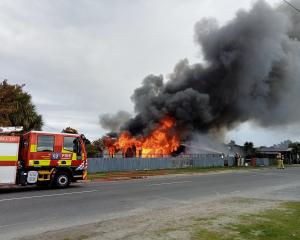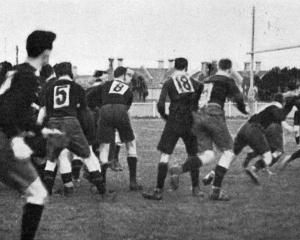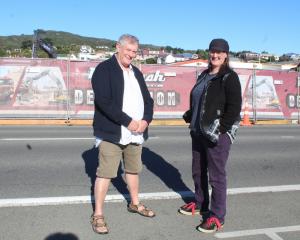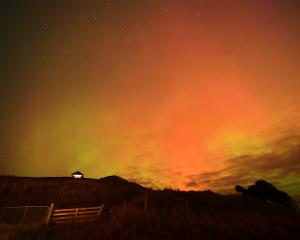
Indications are the electricity lines company is worth around $1 billion. It is the city’s most valuable piece of silver.
City councillors have voted 13-1 to put the proposal to sell Aurora out for public consultation.
The theory is that the sale would slash council group debt and enable a fund worth hundreds of millions of dollars to be set up.
That investment fund would provide a new revenue stream.
The move has been prompted by grim council finances.
Selling Aurora would not affect the proposed 17.5% rate rise for the coming financial year.
But debt for both the council and its companies has been rising fast. Group debt, already more than $1 billion, is forecast to rise above $1.5 billion in 2026.
Dunedin, amid all the changes in electricity rules and markets through the 1990s, sold its retail business and the Waipori Gorge hydro asset.
The Waipori investment fund was set up. Dividends help subsidise rates.
The fund was worth $56.7 million when set up in 1999. It is now worth about $100 million. The capital keeps ahead of inflation in some years and drops behind in others.
While there was little discussion about and little to be gained from selling loss-making Citibus (in 2011), valuable City Forests has on occasion been seen as ripe for harvesting.
One danger is that the impetus to sell tends to arise when returns in the volatile industry are low.
Councils can lack necessary long-term vision.
Aurora’s long-term prospects will be one of the considerations as it endeavours to recover from its troubled past.
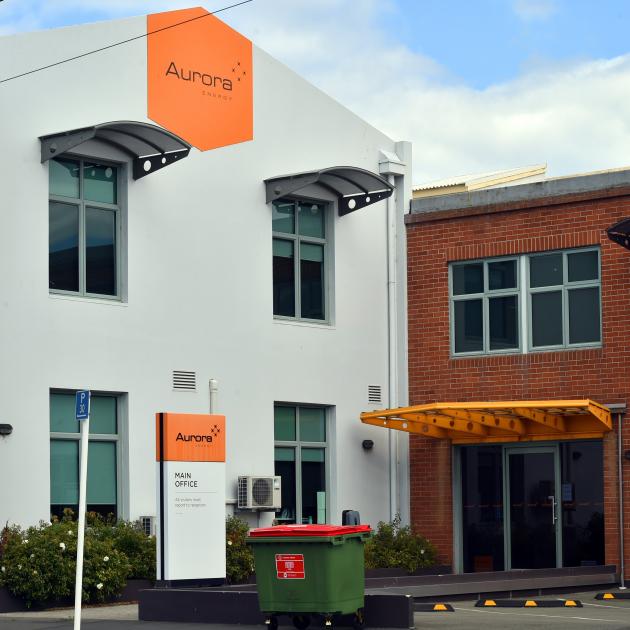
The council had earlier been accused of demanding too high dividends at the expense of vital reinvestment.
Aurora was fined $5 million by the Commerce Commission in 2021 for failures. The commission was involved in establishing a path forward, and a five-year pricing plan took effect from April 2021.
Aurora’s profit rose last year to $11.1 million (from $7.8 million the year before), small profits compared to its asset value. Councillors are, understandably, frustrated that Aurora cannot at present make more money.
Lines companies are rarely on the market and, as natural monopolies, have always been highly sought after.
They are regulated, and satisfactory returns should be guaranteed.
In effect, councillors are implying someone else long term can buy, manage and make more money from Aurora than the council, even though council ownership is at arm’s length.
The company will be worth more to others because they will do a better job. In this, councillors could be correct.
Over the decades, we have sounded warnings about the council selling its "silver" because we have not trusted councillors when faced with an apparently stronger financial position. If debt suddenly drops — and Aurora’s forecast debt of about $570 million would be paid off the books — councillors are tempted to spend more.
This council, while the Three Waters burden and inflation should be acknowledged, has put forward that projected 17.5% rate increase. It has not been the most rigorous or disciplined in eliminating costs.
The increase is a little higher than Auckland, Wellington and Christchurch, despite their well-publicised woes.
Councillors are always under pressure to spend on all sorts of worthy matters, often cry poor and regularly blame previous regimes for underspending.
Nevertheless, someone else could, indeed, pay more for Aurora than it is worth to the council because they can manage it better, perhaps in conjunction with other expertise or lines’ assets. The council could be better off paying Aurora’s debt and setting up that fund.
In the meantime, only the barest information has been released. Details will be needed when formal consultation begins on March 28.
Aurora, covering much of the city and fast-growing Central Otago and Queenstown-Lakes, is a large company, and Dunedin faces a very large decision.

